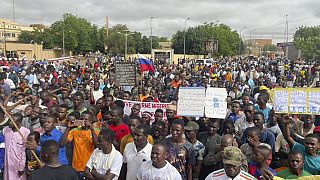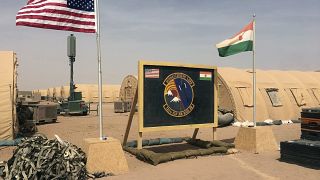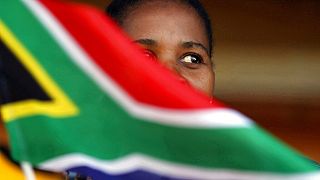Niger
As the holy month of Ramadan commences for Muslims in Niger, citizens are grappling with skyrocketing prices, making it increasingly difficult to afford essential items.
The transition of power has left the country's economy in turmoil, exacerbated by an embargo imposed by neighboring countries that lasted nearly eight months.
The lifting of the embargo just weeks before Ramadan offered a glimmer of hope, but the reality on the ground remains dire. Basic necessities such as rice, sugar, oil, and milk, essential for Ramadan observance, have become prohibitively expensive for many Nigerians.
Niamey resident Kadidja Bagnou's experience at her local market reflects the challenges facing ordinary citizens. Despite her need for sugar, she was unable to afford it, echoing the sentiments of many who are struggling to make ends meet. Bagnou's plea for government intervention to lower prices underscores the desperation felt by many Nigerians.
Another resident, Soumana Adamou, voiced his frustration over the rising cost of rice, a staple in Niamey households. The disparity between current prices and what citizens are accustomed to paying reflects the strain on household budgets.
The root of Niger's economic woes lies in the junta's struggle to supply the market with essential goods. The disruption caused by the embargo, combined with the junta's inability to effectively manage the economy, has left many Nigerians facing financial hardship.
Furthermore, logistical challenges, such as those highlighted by business owner Elhadj Yacouba Dan Maradi regarding the Togo corridor passing through Burkina Faso, further complicate the situation. Delays and inefficiencies in transporting goods only exacerbate the existing supply shortages and contribute to price inflation.
As Ramadan begins, Nigerians find themselves not only contending with the spiritual rigors of fasting but also grappling with the harsh economic realities imposed by political instability.










01:02
Pics of the day: April 24, 2024
00:46
Niger-Benin pipeline: First drops of oil arrive at Sémè Kraké
02:05
Zimbabwe: El Nino-linked drought threatens maize production
01:00
South Africa inflation eases in March
01:02
Pics of the day: April 16, 2024
01:13
Kenya power delivers cheaper electricity bills for residents